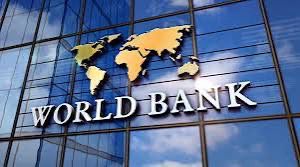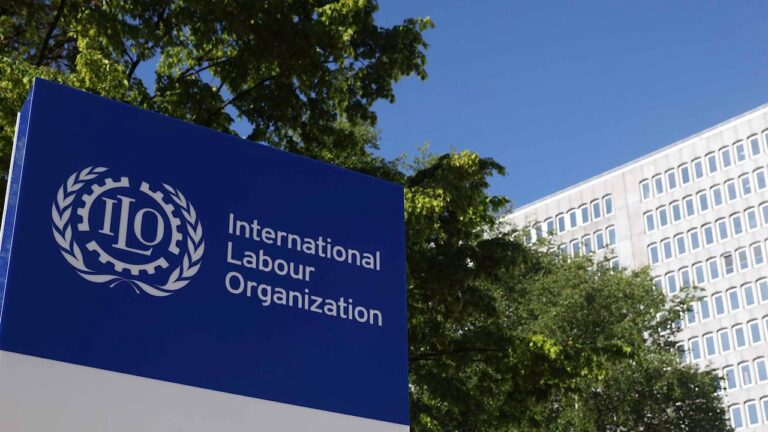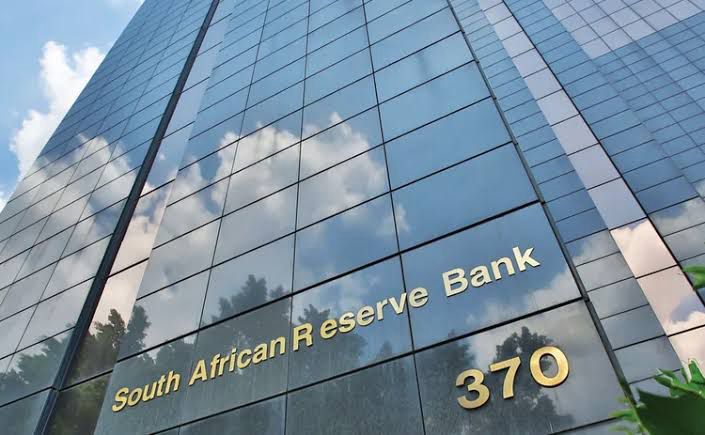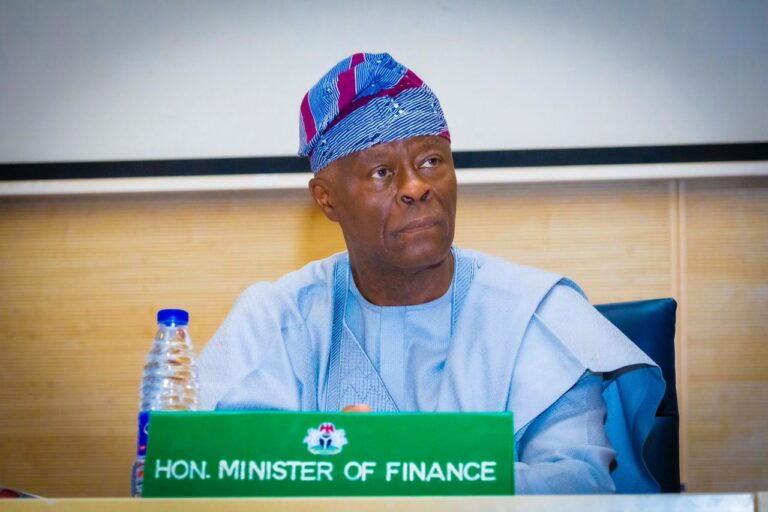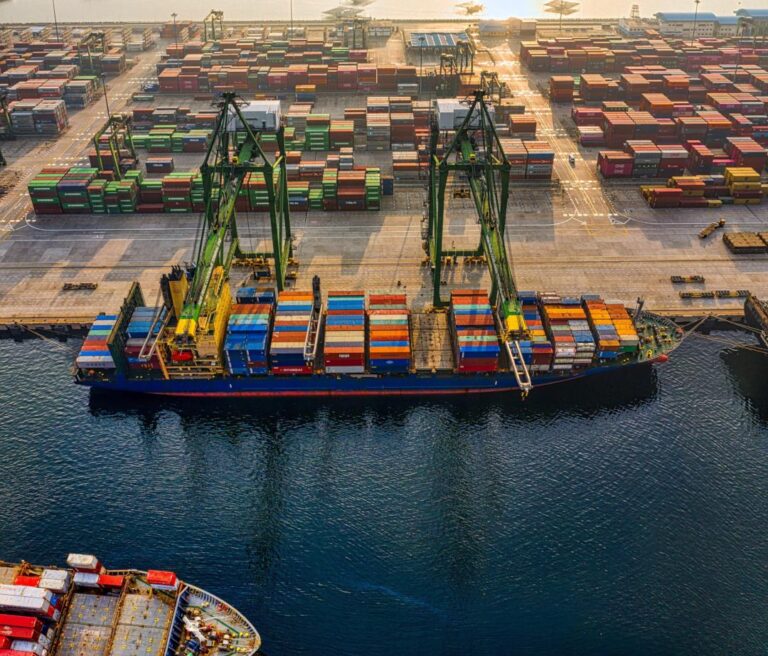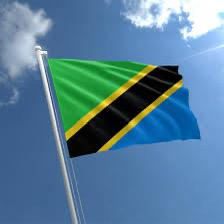The International Monetary Fund (IMF) Executive Board Completes the Fourth Reviews Under the Extended Fund Facility and the Resilience and Sustainability Facility Arrangements and Approves US$13.7 Million Disbursement for Seychelles republic.
After a close review of Seychelles’ economic performance under the Extended Fund Facility (EFF) and Resilience and Sustainability Facility (RSF) Arrangements, allowed a US$13.7 million disbursement to the republic on upon the review completion. According to a very recent report from the IMF the funds will help strengthen the “macroeconomic stability, sustain growth, and reinforce fiscal and monetary policy frameworks, while also supporting efforts to strengthen resilience to climate change, exploit synergies with other sources of official financing, and catalyze financing for climate-related investments.”
Recall, both the EFF and RSF are a three years agreement signed with the IMF in 2023, the arrangement came with financial backing of EFF US$56 million and RSF US$46 million. The three years period arrangement between IMF and Seychelles republic for the facility fund elapsed in 2025, upon which reviews were made by the IMF to determine how the resources where managed and utilized to back the republics macroeconomic stability.
Seychelles an island republic with over 110000 populations, with tourism and fisheries as primary income sources and US$2.1billion GDP is faced with economic challenges arising from low tourism income. Europe the most important tourist market for the republic recorded slow economic growth, leading to Europeans traveling less for tourism into the African rich tourist destination.
Economic growth for Seychelles in 2024 was estimated at 2.9 percent by IMF, slightly lower than earlier forecasts due to lower activity in the tourism sector. Year-on-year inflation reached 1.7 percent as of December, driven by an increase in utility prices and pass-through effects of currency depreciation. Fiscal performance was tighter than budgeted driven mainly by under-spending on capital expenditure, with a primary surplus equivalent to 3.2 percent of GDP in 2024. The Central Bank of Seychelles, however, maintained an accommodative monetary stance. The current account deficit widened to 7.9 percent of GDP in 2024, but gross international reserves increased to $774 million, equivalent to 3.8 months of imports.

Extended Fund Facility (EFF) & All reform measures (RMs) review.

IMF noted the three years arrangement has done extremely well and the resources were adequately utilized by the republic, for its economic growth–highlighting that “All quantitative program targets (QPCs) and structural benchmarks for end-December 2024 were met.”
The IMF described the implementation of the RMs as “satisfactory” citing all RMs for march 2025 were successfully implemented– only energy pricing and the issuance of a new multi-year electricity tariff system in the arms was delayed till November.
Mr. Bo Li, Deputy Managing Director, and acting Chair, praised the country’s macroeconomic progress highlighting the nation’s commitment to “structural reforms”
“Good progress has been made on essential macro-structural reforms.” He said.
He further expressed that findings from the fourth review shows “the authorities continue to implement an ambitious reform agenda and prudent fiscal and monetary policies in the face of an increasingly challenging external environment.” Citing targets of all economic reforms were met and measures successfully implemented.

Mr. Bo li, however, advised the government to remain “vigilant” as outlook for medium-term risk remains “uncertain” pointing at the slowdown in tourist activity due to the slow growth project for Europe in 2025– the republic biggest tourist attraction. Moreover, he emphasized that the arrangement would still be in place to help the republic maneuver any economic challenges that could arise from global trade tensions– that can potentially lead to decrease in foreign direct investment FDI.
“The EFF arrangement will continue to help protect macroeconomic stability and support stronger fiscal and external buffers, while advancing the authorities’ structural reform agenda.” He said.
Seychelles macroeconomic reforms which are centered on climate-resilience of public investments, diversify financing, and strengthen assessment and disclosure of climate-related financial sector risk would enhance economic resilience and external financing risks when successful implemented. IMF noted the reforms would also help “diversifying Seychelles’ power generation capacity—reducing its dependence on imported energy.”



